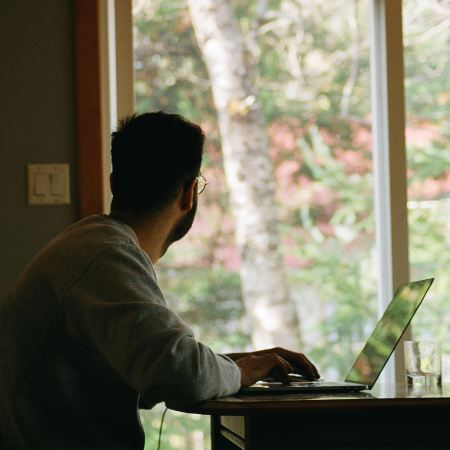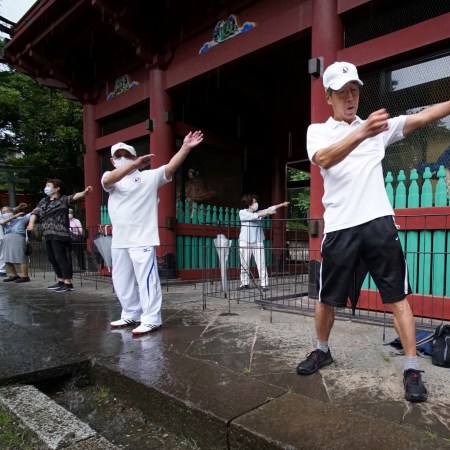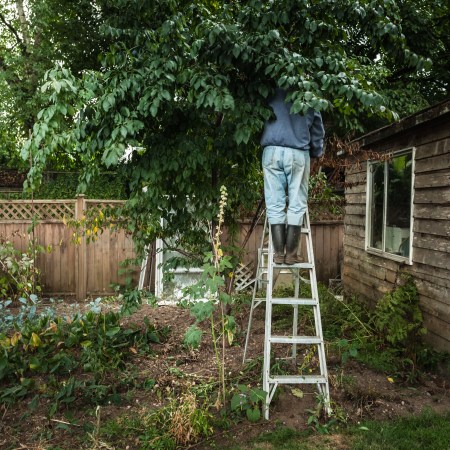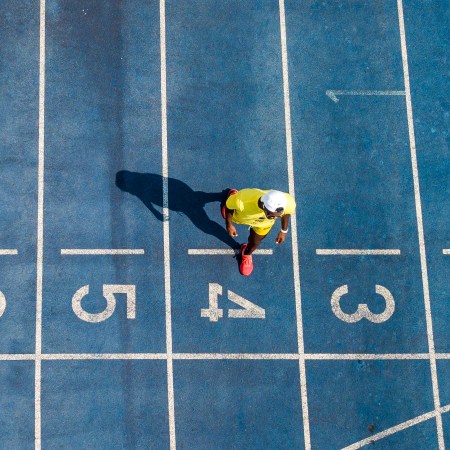The Spring 2020 issue of Popular Science includes a first-person account from I-Min Lee, an epidemiologist at the Harvard University School of Public Health who published a study last year challenging the oft-repeated 10,000-steps-a-day “rule.”
As the story goes, Lee was part of a competition at Harvard a few years back in which various teams tried to accumulate as many steps as possible. Most participants were struggling to hit the 10,000-step benchmark, so, with years of exercise study under her belt, Lee decided to do a little digging. She looked into the etymology of the mandate first, and uncovered that a Japanese watch company called Yamasa Clock had originally disseminated the 10,000-step goal way back in the late 1960s — and with dubious reasoning. A section of the Japanese character sequence for “10,000” faintly resembles a guy out for a brisk stroll: 万.
Lee decided to bring some much-needed science to the debate, and commissioned a study assessing step volume and intensity with all-cause mortality in older woman. Her research, which can be accessed here, followed nearly 17,000 women with a mean age of 72, and deduced that women who averaged 4,400 steps a day had lower mortality rates than those who averaged 2,700 steps a day. The main takeaway? A blanket “10,000 steps or bust” approach is counterproductive; based on age, gender and lifestyle, a far smaller number can still have positive impacts on longevity.
A different study published in late March of this year found lower all-cause mortality for a sample size that included a range of middle-aged men and women, 36% of whom were obese. Those who walked closer to 8,000 steps a day (as opposed to 4,000) were healthier.
If you’re easily cranking out 10,000 or more steps a day, though, that doesn’t mean you should feel compelled to cut back. Walking outside has all sorts of other fringe benefits (nature helps our mental health!) and it’s important, now more than ever, to get out and do what feels right. Just don’t look at your Fitbit in alarm on the days you’re stuck at the desk finishing a project.
Subscribe here for our free daily newsletter.
Thanks for reading InsideHook. Sign up for our daily newsletter and be in the know.


















